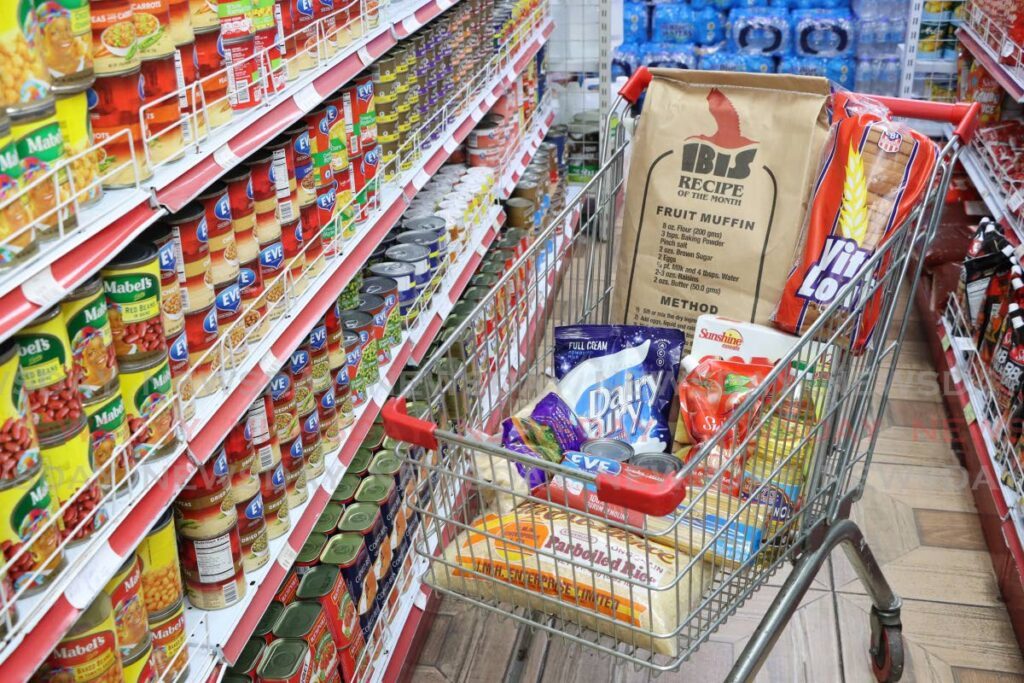Ministries have no data to show impact of higher fuel costs

TWO ministries say they cannot determine how factors such as higher fuel prices have affected the cost of living for the neediest citizens.
Representatives of the Ministry of Social Development and the Ministry of Trade told the Public Administration and Appropriations Committee (PAAC) on Wednesday that they need data from the Central Statistical Office (CSO) to do so.
The parliamentary committee is chaired by Speaker Bridgid Anisette-George.
Ministry of Social Development deputy permanent secretary Wendy Guy-Hernandez said CSO data was needed to determine the impact of rising fuel prices on the poverty level. Ministry of Trade acting permanent secretary Randall Karim said the CSO would help identify factors contributing to rising food prices.
Randall Mitchell asked if rising fuel prices had made the Ministry of Social Development seek to adjust its poverty line to include more people as being eligible for social assistance.
Guy-Hernandez replied that needy citizens have been affected, but that the ministry needed external inputs, as she said the CSO was now doing some work. She said the ministry would look at the poverty line in the context of increasing assistance.
Mitchell surmised the ministry had not done any studies on this.
Guy-Hernandez noted existing help to the vulnerable, including a one-off $1,000 grant as a buffer against rising fuel prices, plus the long-standing free travel offered to citizens ages 60-plus on public buses. She said no study has been done about whether the $1,000 grant should be annual.
Anisette-George asked which factors – such as the Ukraine-Russia War – the Ministry of Trade blamed for higher production costs and supply of imported goods, as opposed to blaming rising fuel costs.
Karim, in reply, attributed rising food prices to factors including rising fuel prices, weather conditions, shipping costs and the Ukraine-Russia War.
"We track the import data, and we track very closely the cost of the items coming into the country."
He said imported inflation and rising fuel prices have had an impact on local retail prices.
Anisette-George called for more details.
Karim replied his ministry religiously reports local retail prices each month.
"What is contributing to that in the domestic economy, we look to the CSO when they publish their quarterly statistics and the inflation numbers with the basket of goods.
"We track the movement of final prices on supermarket shelves. What contributes to that is a combination of domestic and international market conditions. We can't say what is going on internationally."
His ministry has no mechanism to see how factors reaching TT's borders affect local retail prices.
"We would look to the CSO and the Central Bank to demystify those issues."
Amid some criticisms of the CSO's efficiency, the Government had proposed its replacement by a National Statistical Institute.
The PAAC heard from Ministry of Works and Transport officials about proposals for the pedestrianisation of one street in each municipality and encouraging cycling to work within an employee's local area. Public Transport Service Corporation (PTSC) general manager Patrick Gomez related proposals to increase the PTSC's fleet size from 200 to 500 buses, and the number of routes served from 79 to 163.
Ministry of Works and Transport permanent secretary Sonia Francis-Yearwood proposed a chequered maxi-taxi service to serve rural areas.


Comments
"Ministries have no data to show impact of higher fuel costs"